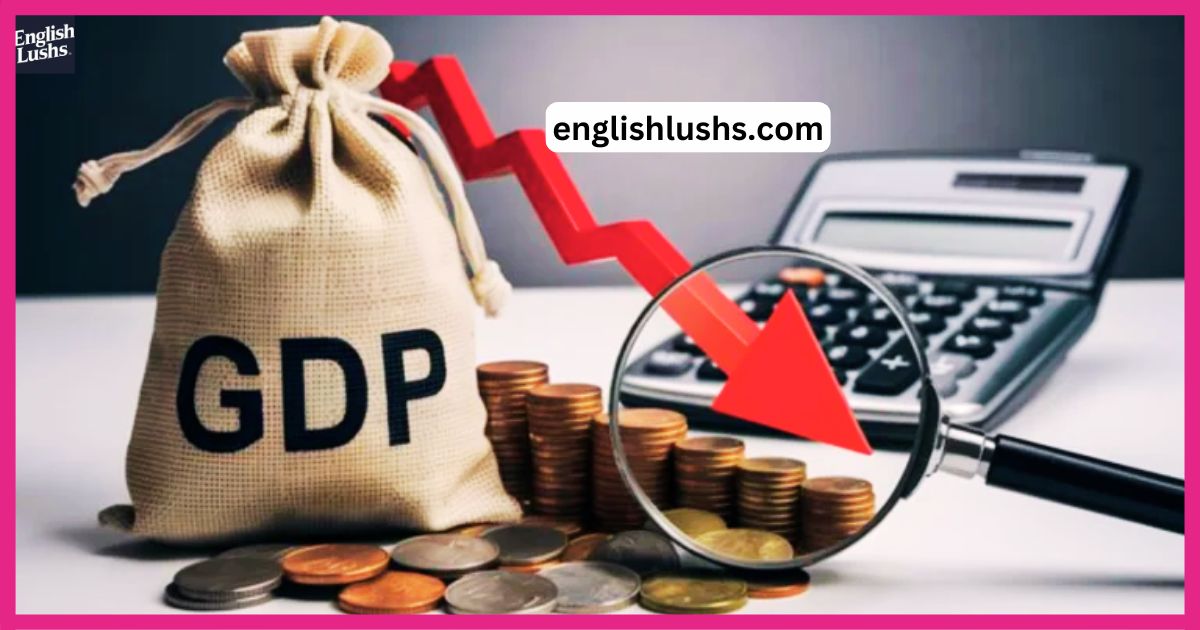The “GDP and the Deleted Scene of E355” likely refers to a specific episode or incident related to economic data and media content. Without more context, it’s difficult to provide accurate details.
However, in general, GDP (Gross Domestic Product) is a key economic indicator measuring a country’s total economic output. A deleted scene typically refers to content removed from a final version of a film or TV show.
The connection between GDP and a deleted scene from “E355” (possibly an episode code) might involve economic themes in media or how economic data is presented or interpreted in popular culture. For more precise information, additional context about the specific episode or incident would be necessary
What is the Term ‘GDP’ and its Context?
Gross Domestic Product, commonly known as GDP, is a fundamental metric in economics. It serves as a comprehensive measure of a country’s total economic output within a specific timeframe, typically a year or a quarter.
GDP represents the monetary value of all finished goods and services produced within a nation’s borders. This crucial indicator plays a pivotal role in assessing economic health, growth, and overall performance.
However, the process of calculating GDP is not without its challenges. Despite its importance, GDP calculations can sometimes miss significant portions of economic activity.
These overlooked or difficult-to-measure areas of the economy are often referred to as the “deleted scenes” in GDP reporting. Understanding these omissions is crucial for grasping the full picture of an economy’s true size and dynamics.
The term “e355” often emerges in discussions about these economic blind spots. While its specific meaning can vary depending on the context, e355 generally represents a category or code used in economic data collection.
Case Studies: Real-World Examples of Missing Data in GDP
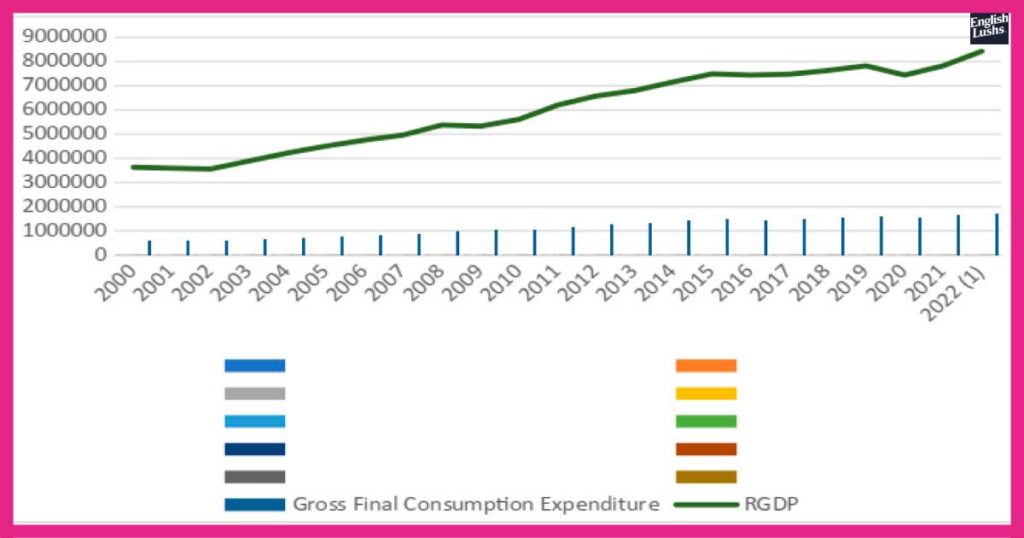
One prominent example of missing data in GDP calculations is the underrepresentation of the digital economy. As our world becomes increasingly digitized, traditional GDP measurement techniques often fail to fully capture.
the value created by online services, digital goods, and tech-based innovations. This oversight can lead to significant underestimation of economic output, particularly in countries with robust tech sectors.
Another critical “deleted scene” in many GDP calculations is the value of unpaid household work. Activities such as childcare, elderly care, and domestic labor contribute substantially to a country’s overall economic well-being but are frequently excluded from official GDP figures.
This omission can result in a severe undervaluation of a nation’s true economic output, especially in societies where unpaid domestic work forms a significant portion of economic activity.
Impacts of Deleted Data on Economic Forecasting
The presence of “deleted scenes” in GDP data can have far-reaching consequences for economic forecasting accuracy. When significant portions of economic activity are left out of calculations, it can lead to flawed growth projections, misallocation of resources, and ultimately, misguided policy decisions.
For instance, if a country’s GDP figures consistently underestimate the size of its digital economy, forecasts may fail to predict the true growth potential in tech-related sectors, potentially leading to underinvestment in crucial digital infrastructure.
Underestimating certain sectors can result in missed opportunities for economic development and innovation. Consider a scenario where the contribution of small businesses and startups is not adequately captured in GDP data.
The Role of Technology in Modern GDP Calculations
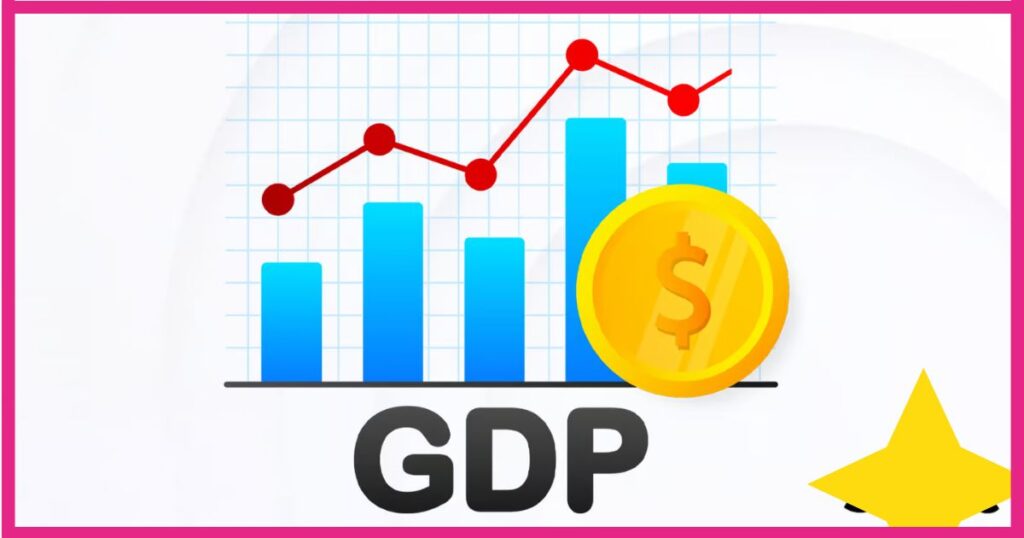
Advancements in technology are playing an increasingly crucial role in improving GDP calculation methods. Artificial Intelligence (AI) and machine learning algorithms are being employed to analyze vast amounts of economic data, identifying patterns and filling gaps in information that might have been missed by traditional methods.
These technologies can process complex datasets at unprecedented speeds, allowing for more frequent updates to GDP figures and quicker identification of emerging economic trends.Blockchain technology offers promising potential for enhancing the accuracy of GDP calculations.
The transparent and immutable nature of blockchain could help capture economic transactions more accurately, potentially reducing the occurrence of “deleted scenes” in GDP reporting. For example, blockchain could be used to track and record transactions in the informal economy or cross-border digital services, areas that are traditionally challenging to measure.
Read This Blog: Exploring Financial Wellness with OntPress.com: Your Guide to Managing Money and Health
Economic Policy Implications
The presence of “deleted scenes” in GDP data can have significant implications for government fiscal policy and economic decision-making. When policymakers work with incomplete or inaccurate economic data, it can lead to misguided policy choices that fail to address the true needs of the economy.
For example, if a country’s GDP figures underestimate the size of the informal economy, policies aimed at economic growth might not adequately address the needs of workers in this sector, potentially exacerbating inequality and missing opportunities for inclusive growth.
Overlooking certain industries or economic activities in GDP calculations can result in these sectors not receiving the policy attention or support they need to thrive. This can lead to imbalanced economic development and potential long-term structural issues.
For instance, if the economic value of environmental conservation efforts is not reflected in GDP, it might result in policies that prioritize short-term economic gains over long-term sustainability, potentially leading to environmental degradation and associated economic costs in the future.
The Concept of E355 in Economic Analysis
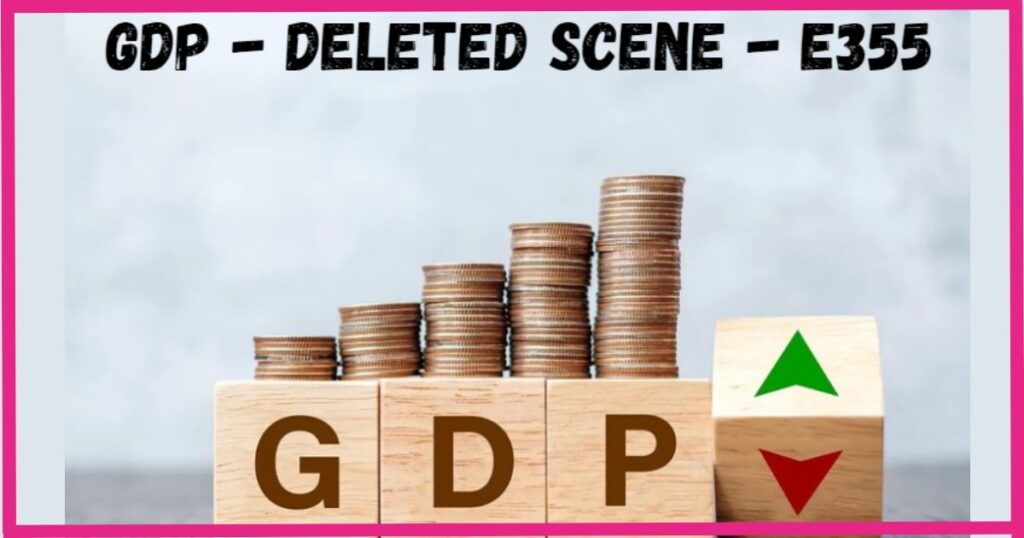
The term “e355” in economic analysis often represents a specific category or code used in data collection and GDP calculations. While its exact meaning can vary depending on the context, e355 generally relates to economic activities or sectors that are challenging to measure or include in traditional GDP figures.
Understanding the role of e355 is crucial for comprehending the complexities of modern economic measurement and the potential gaps in our economic understanding. E355 might refer to emerging industries, such as certain aspects of the gig economy or new digital services, which don’t fit neatly into existing economic categories.
These sectors often operate in gray areas between established industries or utilize business models that are difficult to quantify using traditional economic metrics. As a result, their contribution to the overall economy may be underestimated or overlooked entirely in GDP calculations.
Strategies for Improving GDP Accuracy
Enhancing the accuracy of GDP calculations is an ongoing process that requires collaboration between economists, statisticians, policymakers, and technologists. One key strategy is the continuous refinement of data collection methods.
This includes expanding the scope of economic surveys, improving sampling techniques to better represent diverse economic activities, and developing more sophisticated estimation models for hard-to-measure sectors.
Another important approach is the integration of alternative data sources to complement traditional GDP measurements. This might involve incorporating data from digital platforms, satellite imagery, or social media to capture economic activities.
that are not easily measured through conventional means. For example, satellite data on nighttime light intensity has been used as a proxy for economic activity in areas where official data is scarce or unreliable.
The Future of Economic Measurement
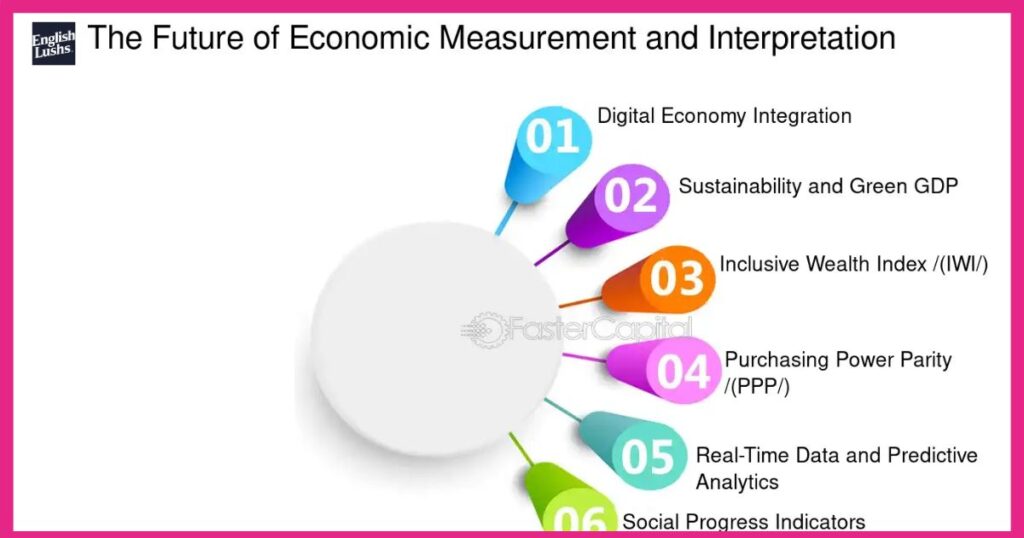
As economies continue to evolve, so too must the methods we use to measure them. The future of economic measurement is likely to be characterized by greater integration of technology, more comprehensive data collection, and a broader understanding of what constitutes economic value.
Advanced AI and machine learning algorithms will play an increasingly important role in processing vast amounts of economic data, identifying patterns, and making predictions.
There’s also a growing recognition of the need to look beyond GDP as the sole measure of economic well-being. Alternative metrics that consider factors such as environmental sustainability, quality of life, and income inequality are gaining prominence.
Frequently Asked Questions
Q. What is GDP?
GDP, or Gross Domestic Product, is a measure of the total value of goods and services produced within a country’s borders over a specific period, typically a year or a quarter.
Q. What does ‘deleted scene’ mean in economics?
In economics, a ‘deleted scene’ refers to economic activities or data that are left out of official GDP calculations.
Q. What is ‘e355’ in relation to GDP?
E355 typically represents a specific category or code used in economic data collection and analysis. Its exact meaning can vary depending on the context, but it often relates.
Q. How do missing data impact GDP calculations?
Missing data can lead to underestimation of GDP, skewed growth projections, and misguided policy decisions. It can result in an incomplete understanding of an economy’s structure and performance, potentially leading to ineffective economic strategies.
Q. What methods are used to handle missing data in GDP reporting?
Economists use various methods to address missing data, including statistical estimation techniques, surveys and sampling, incorporation of alternative data sources.
Conclusion
The challenge of accurately measuring GDP in the face of “deleted scenes” and complex economic realities like e355 remains a significant issue in economics.
As economies evolve and new forms of value creation emerge, traditional methods of GDP calculation must adapt to ensure they capture the full picture of economic activity.

Amelia is a skilled SEO expert with a strong focus on content writing, keyword research, and web development. With a dedication to delivering results, she helps businesses optimize their online presence and drive organic growth.
Her expertise ensures that clients stay ahead in the ever-evolving digital landscape
